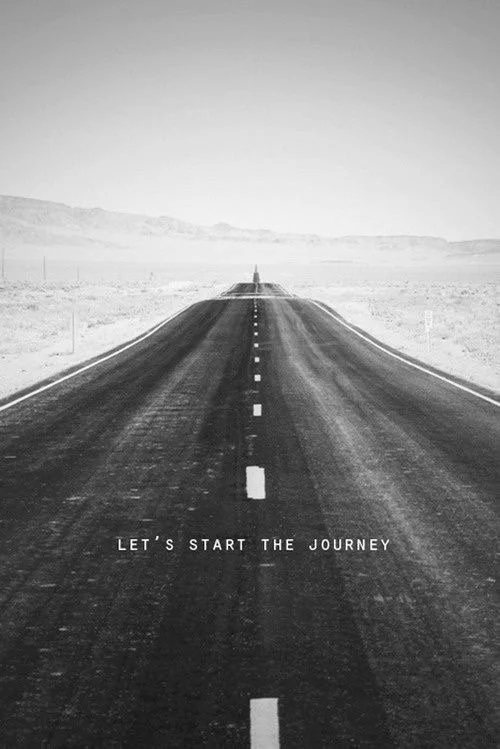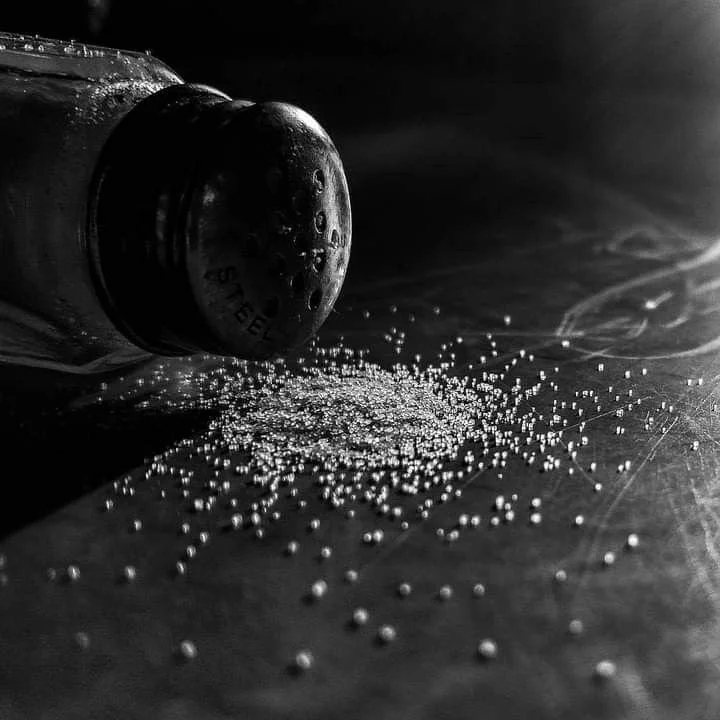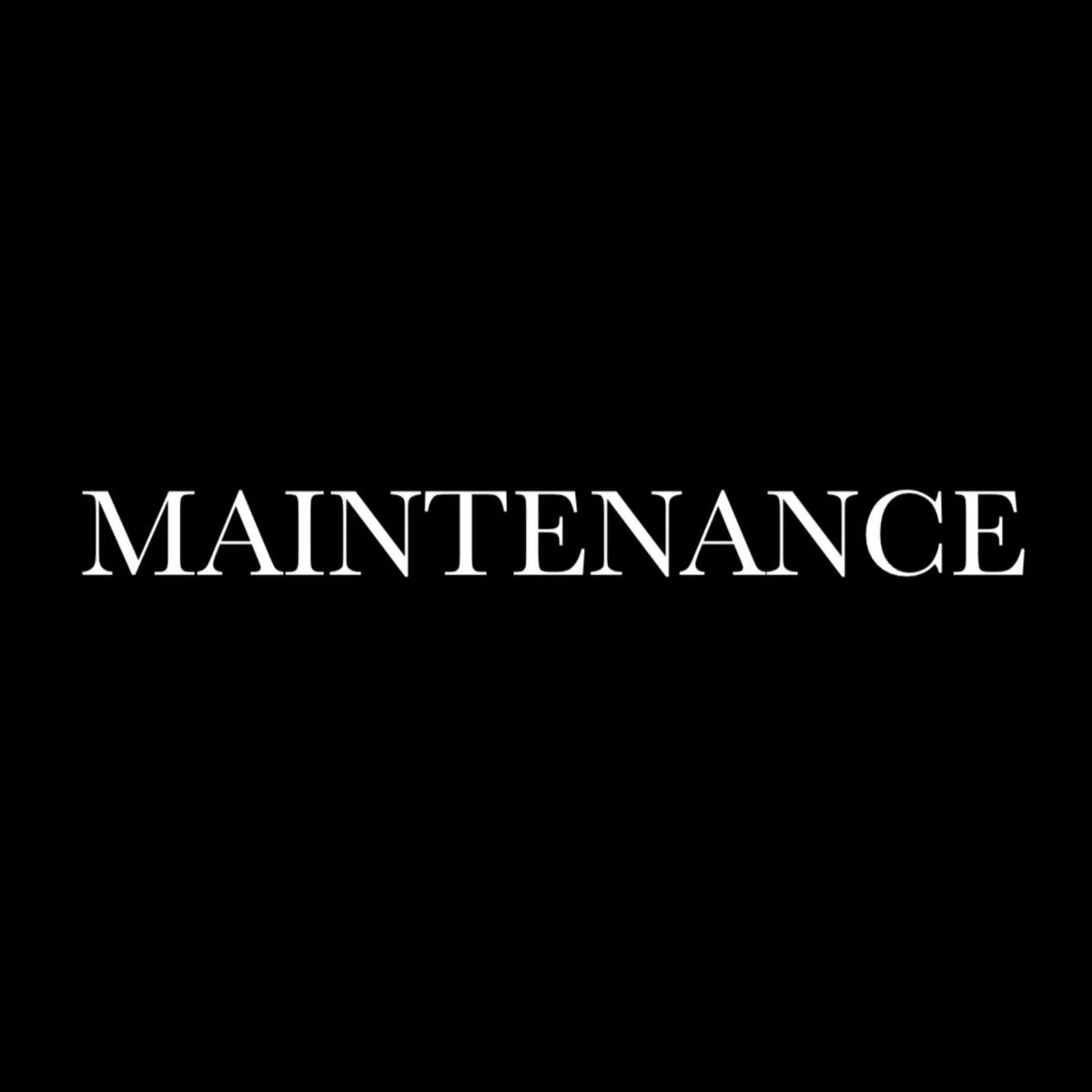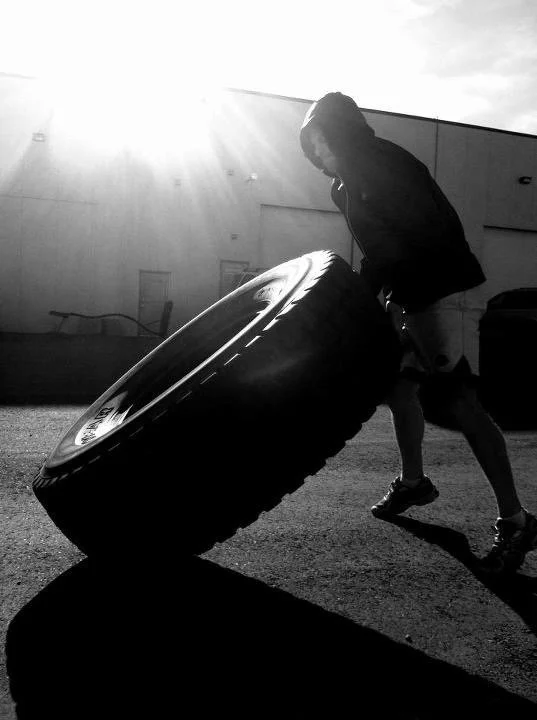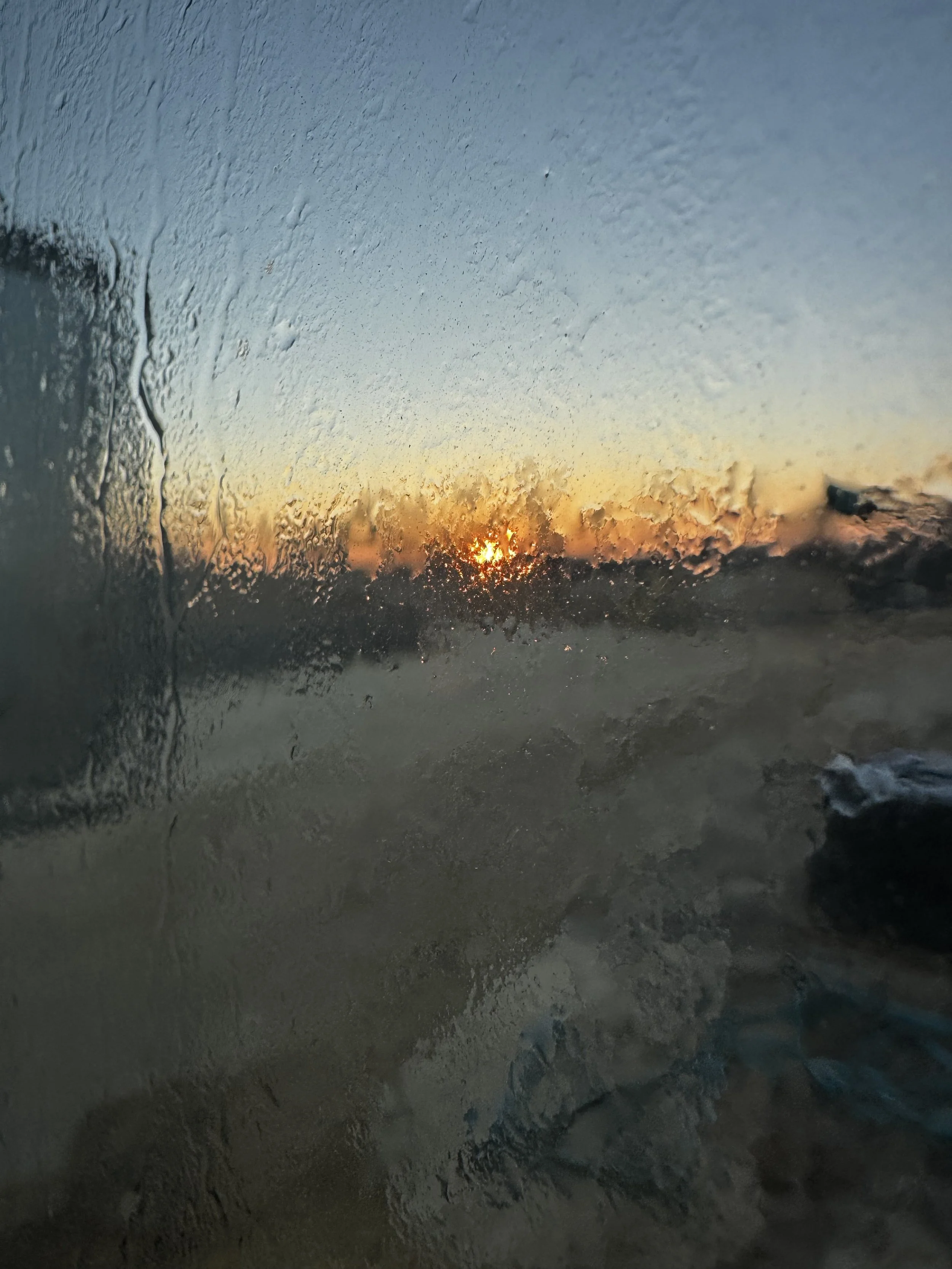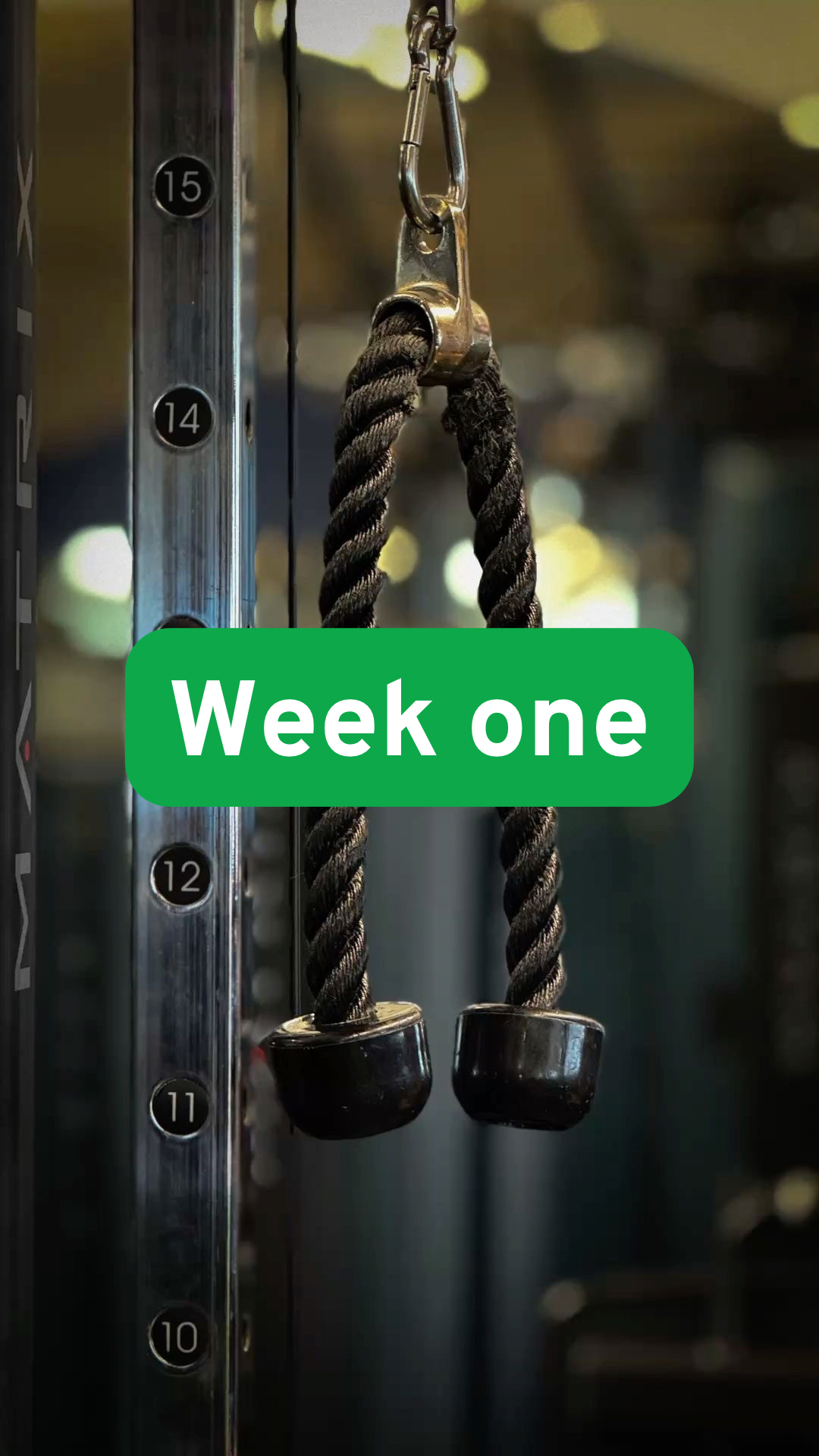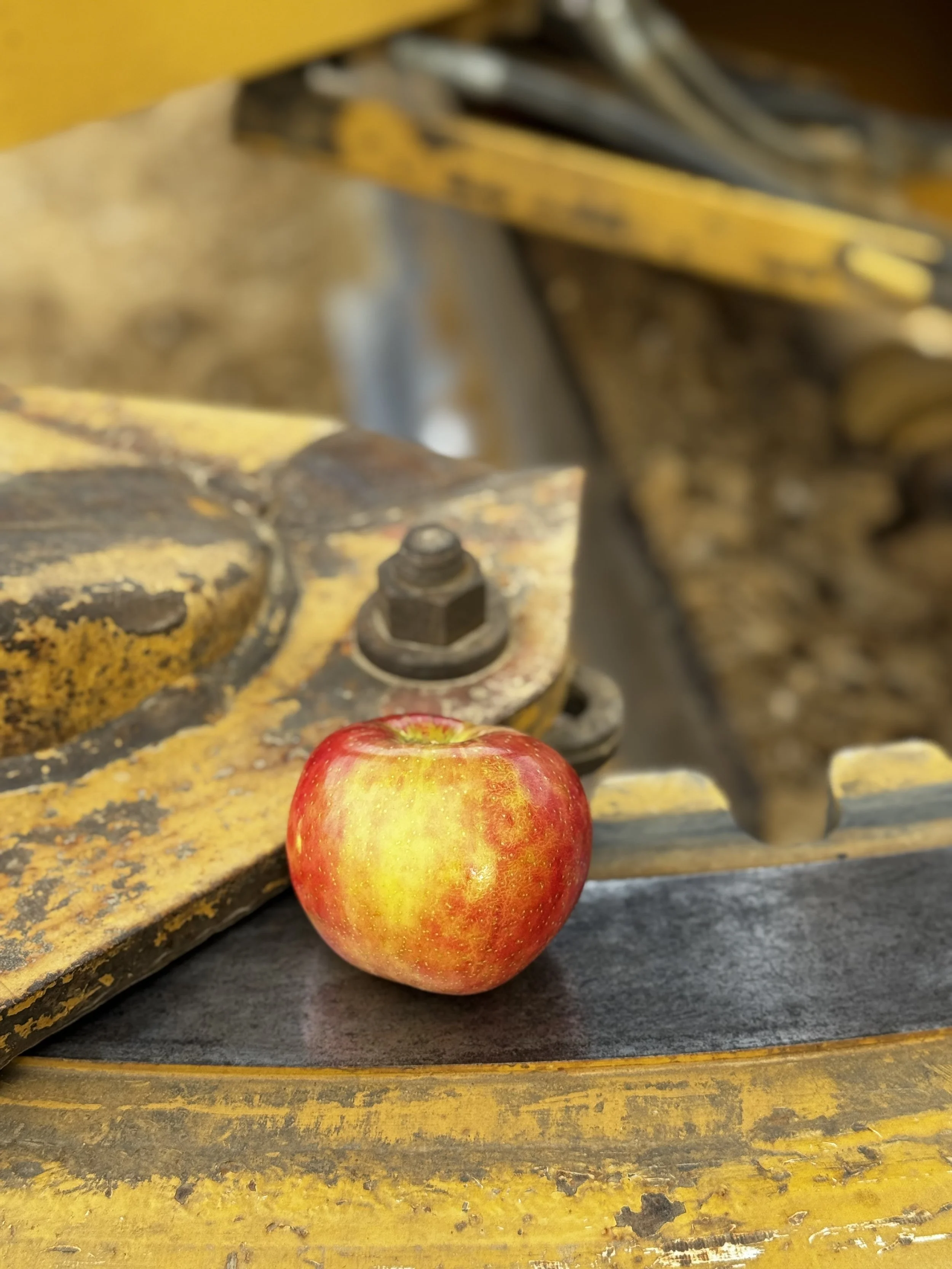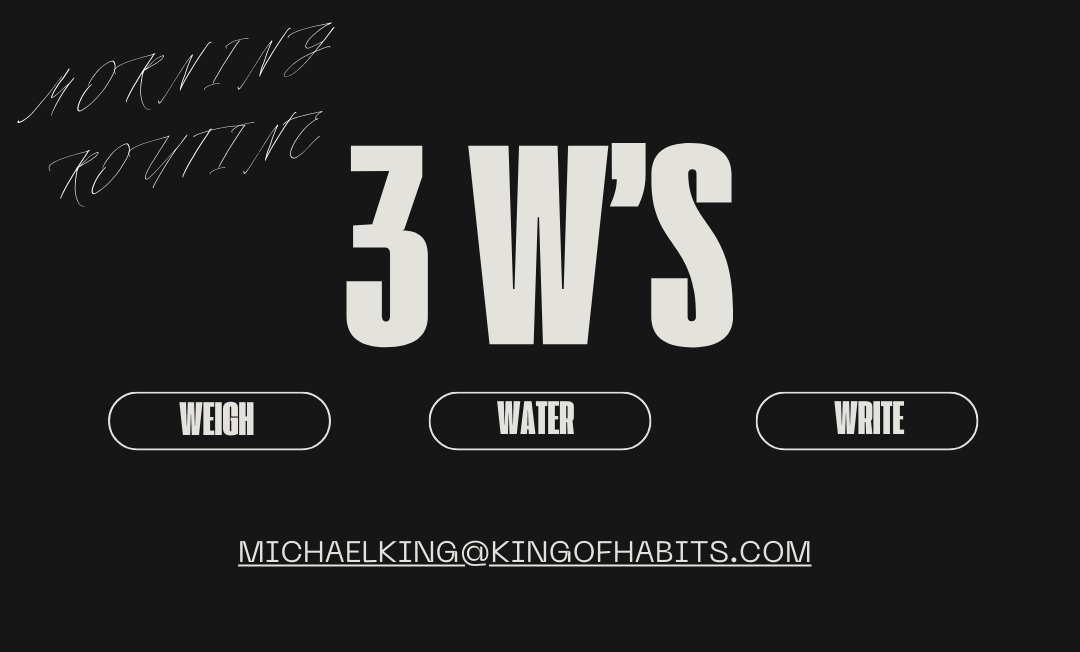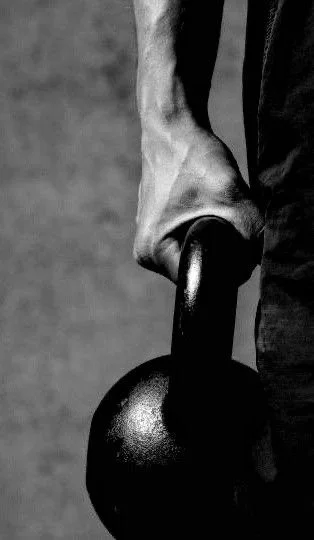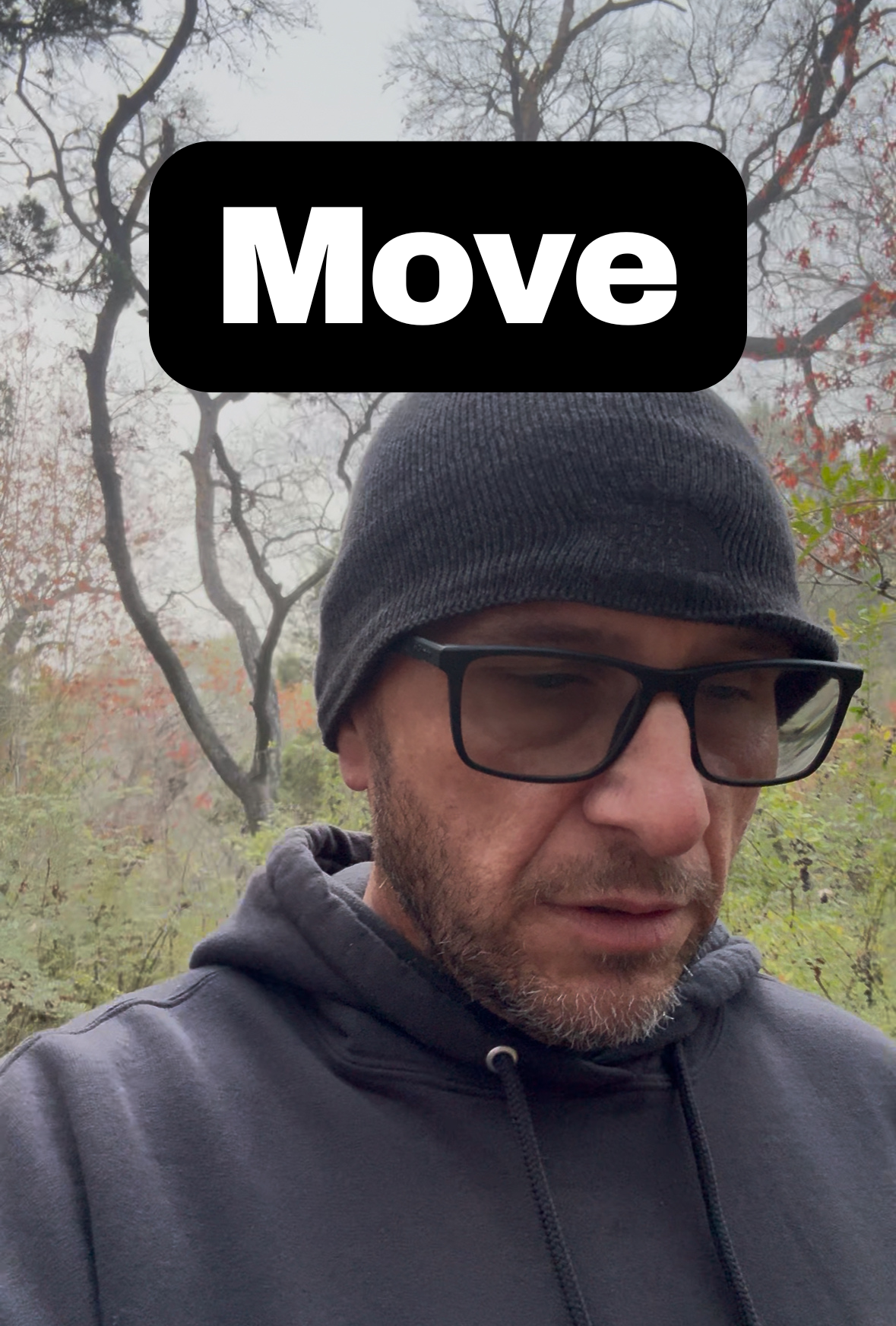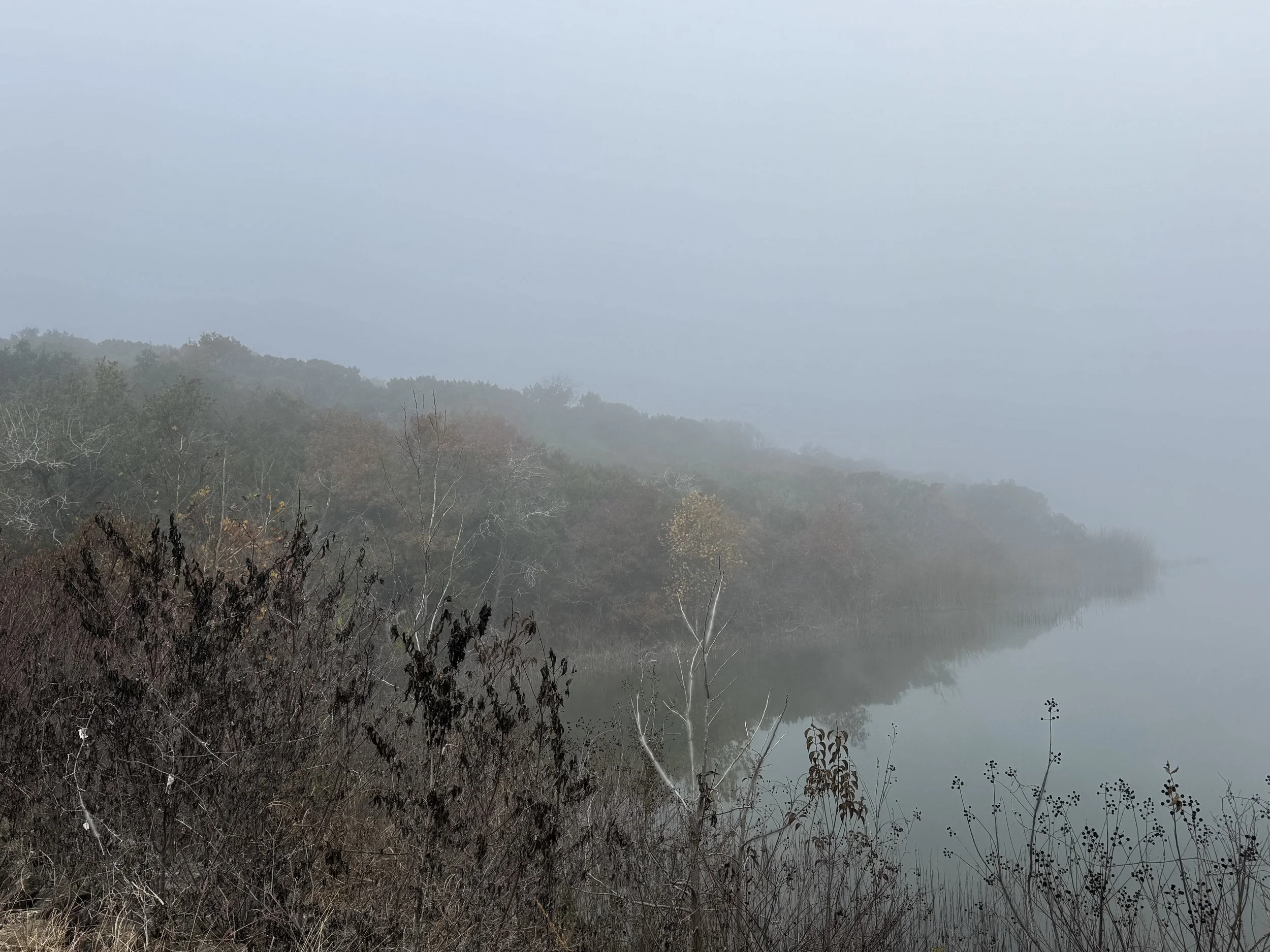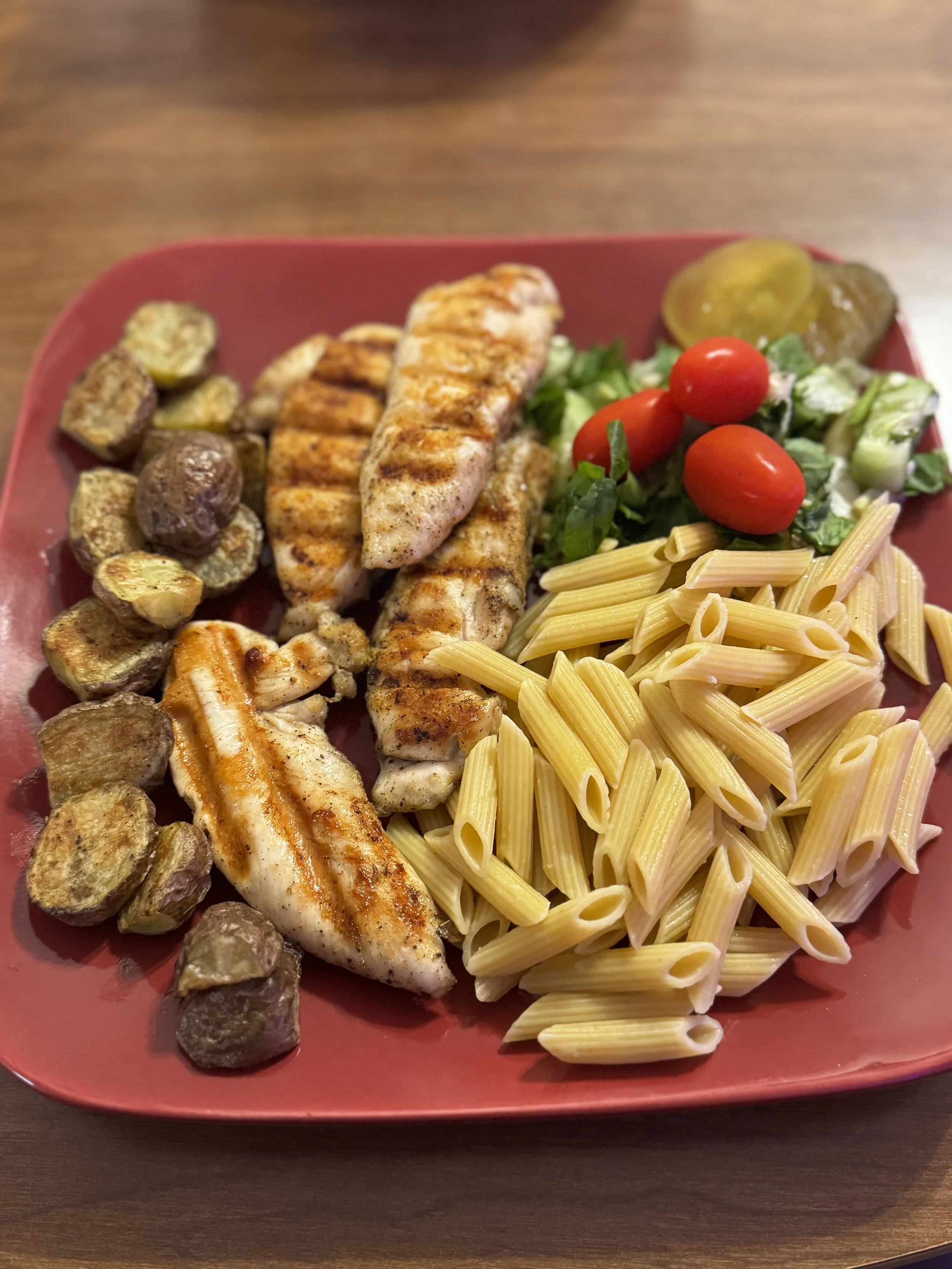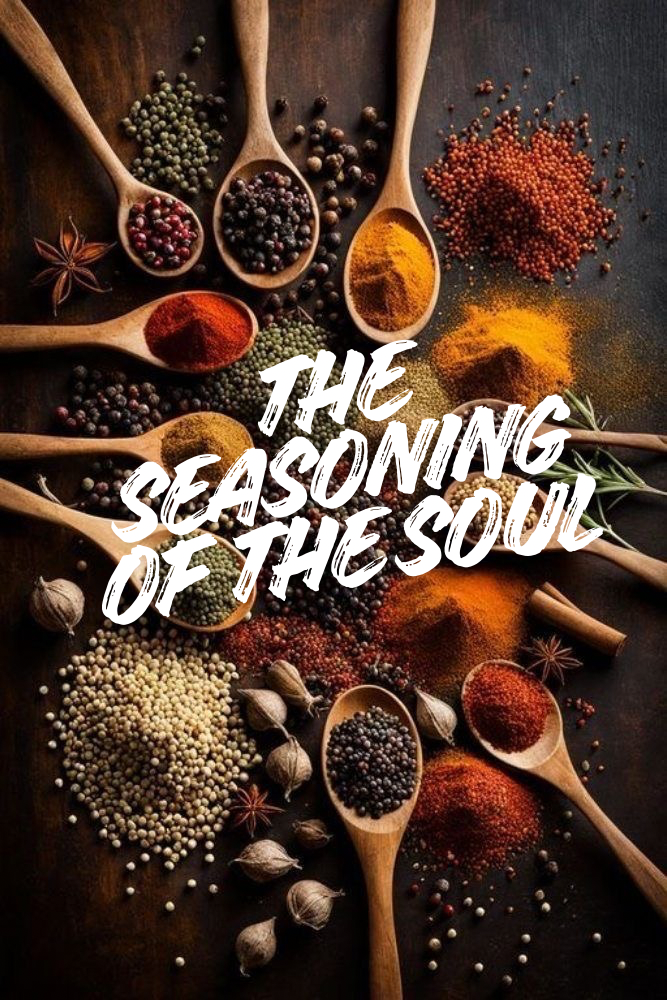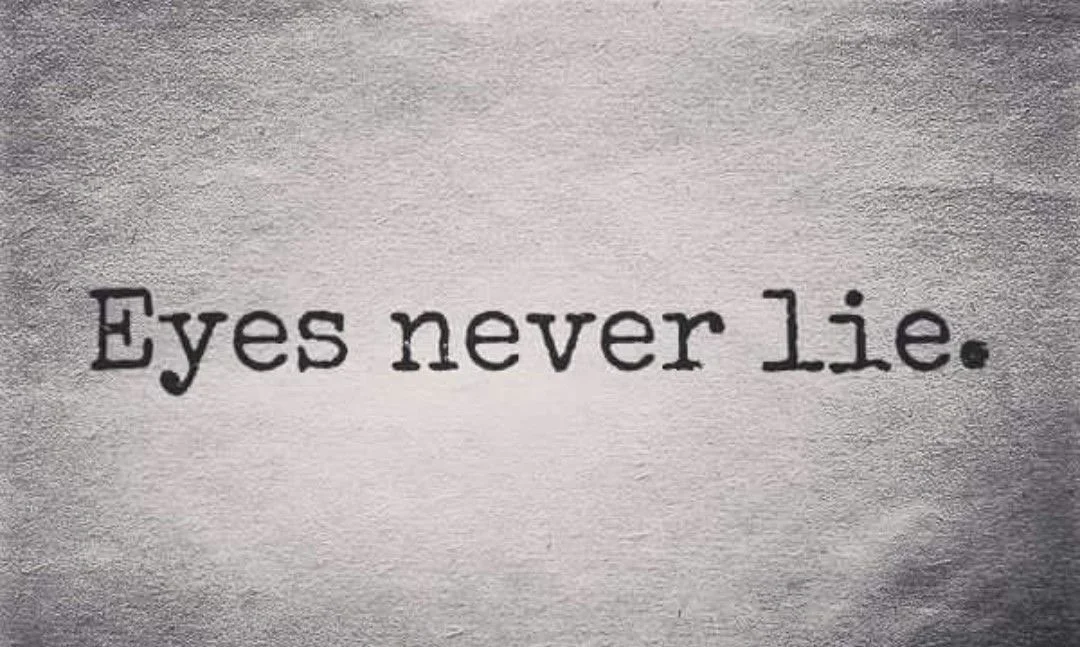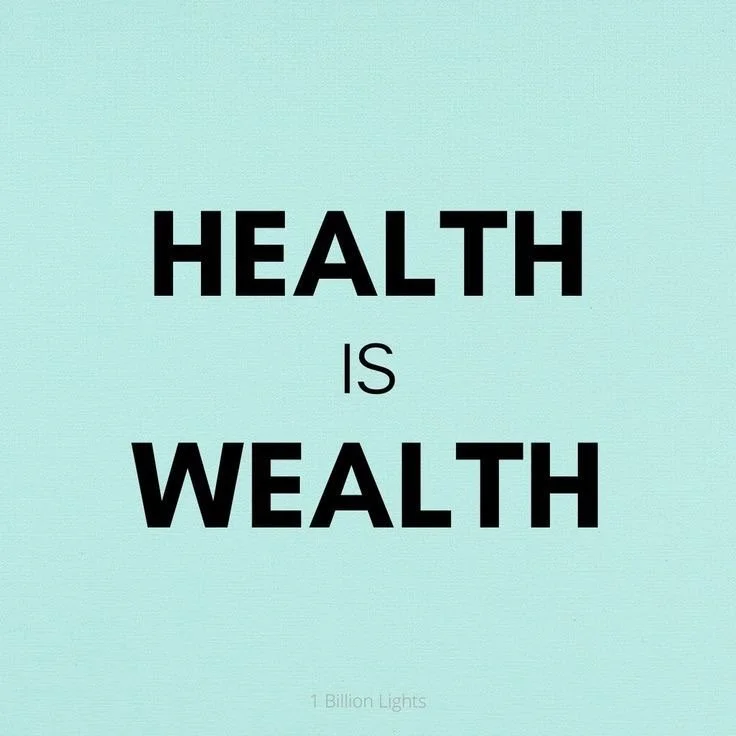Just Start: The Finish Line Is Where Growth Begins
The goal isn’t the finish line. The goal is starting again tomorrow. Real change doesn’t happen at Z—it’s built quietly from A to B, one day at a time. Miss a step? Drift back to center. Just start again.
A → Z IS THE LIE
We’re taught to aim at Z.
The big outcome.
The finished version of life.
That’s why most men stall.
Z feels too far away.
YOUR REAL GOAL IS B
Here’s the shift that changes everything:
A → B.
B is the next 24 hours.
That’s it.
The next right meal
The next sober night
The next workout
The next honest choice
The next disciplined decision
When you wake up, you’re back at A.
Your only responsibility is to reach B before the day ends.
Win today. Repeat tomorrow.
THIS IS FOR MEN WHO DON’T TRUST THEMSELVES
Men who:
Have broken promises to themselves
Work hard and feel mentally drained
Carry addiction, relapse, or burnout
Want change but fear failure
You don’t need motivation.
You need systems.
SYSTEMS > MOTIVATION
Motivation fades.
Systems pull you back.
Standards you live by.
Habits that anchor you.
A centerline you return to when you drift.
You will miss.
You will mess up.
That’s not failure.
Failure is refusing to return.
Strong men aren’t perfect.
They’re practiced at coming back to center.
THE ROAD DOESN’T END
Z isn’t the end.
It’s the start of the next version of you.
So don’t wait.
Don’t overthink.
Don’t demand perfection.
Just start.
Then start again tomorrow.
Chivalry is the New Cheat Code
We forgot the code. Chivalry isn’t outdated—it’s rare strength. When men return to honor, patience, and protection, everyone wins.
Somewhere along the way, men forgot the code.
Convenience replaced intention.
Silence replaced leadership.
Distraction replaced presence.
Chivalry wasn’t just about knights and armor.
It was a code: respect, honor, restraint, responsibility, and protection.
Real strength wasn’t loud—it was disciplined.
Today, that code is rare, and anything rare becomes valuable.
Chivalry is the modern cheat code because men drifted from it.
Return to it, and you instantly stand apart.
3 simple ways to apply chivalry daily
1. Lead with presence
Put the phone down when someone is talking.
Look them in the eyes.
Respect is shown through full attention.
2. Protect peace
Don’t just be strong physically—be strong emotionally.
Stay calm, speak truth with restraint, and shut down chaos before it spreads.
3. Serve first
Open doors.
Help carry heavy things.
Be the man who notices needs and acts before being asked.
Stoic wisdom
“The soul becomes dyed with the color of its thoughts.” — Marcus Aurelius
Biblical grounding
“Be strong, and let your heart take courage.” — Psalm 31:24
Chivalry isn’t old.
It’s uncommon.
The man who practices it builds trust, safety, and admiration everywhere he goes.
Less Comfort. More Life.
Comfort feels good in the moment, but it drains a man of purpose. The life we want demands discomfort, sacrifice, and a return to things that make us strong.
We chase comfort like it’s the prize.
But comfort has softened us. It’s made our bodies weak and our minds dull.
That picture says it clearly: Less comfort. More life.
A man is built for challenge. Built for sweat, muscle, quiet thought, and devotion. Not scrolling endlessly. Not sitting cushioned and bored.
Discomfort isn’t punishment. It’s fuel.
When we work out in nature, feel cold wind on our face, sweat through our shirts, and push iron with calloused hands, our nervous system wakes up. Our spirit wakes up.
Strength isn’t found in comfort. Strength is found in the struggle.
Feed your body for fuel 90% of the time. Allow pleasure sparingly.
Talk less. Pray more.
Sacrifice for your partner without expecting applause.
Choose quiet over noise so the buzzing in your head has a chance to fade.
If we want to win at life, we have to stop chasing cozy and start chasing meaning.
This journey demands grit. It demands routine. It demands that we show up even when we don’t feel like it.
And that’s where life is.
Less comfort.
More life.
Cured
Curing takes time, pressure, and honesty. Whether it’s meat, a body, or a heart, nothing is truly healed without something being drawn out first.
We use the word cured a lot.
Cured meat.
Cured cancer.
Cured hearts.
Cured relationships.
Same word. Very different processes.
When meat is cured, it isn’t rushed.
It’s salted. Pressured. Left alone.
Time does the work.
Salt draws things out.
Moisture. Impurities. What would eventually rot it.
It’s uncomfortable for the meat—but necessary.
No salt, no patience, no cure.
Now think about the human heart.
Healing doesn’t usually come from comfort.
It comes from pressure.
From truth.
From time spent sitting with what hurts instead of covering it up.
Cancer treatment is aggressive.
Targeted. Intentional.
It attacks what’s killing the body, even when the process itself is painful.
Broken relationships are similar.
Real repair requires exposure.
Hard conversations.
Waiting.
Letting pride dry out and fall away.
Nothing truly cured stays the same as it was before.
Curing changes things.
It preserves what matters by removing what doesn’t.
Maybe the common thread is this:
Curing is rarely gentle—but it’s always purposeful.
And maybe what feels like loss, pressure, or discomfort right now
isn’t destruction at all.
Maybe it’s preservation.
Body Maintenance For The Blue Collar Life
If we treated our bodies like our equipment, with good fuel and simple daily maintenance, we would run smoother and live stronger.
Every morning on the job… it is the same routine.
Check the oil. Check the radiator water. Check the hydraulic fluid. And always check the fuel. All of it matters. But if the fuel is wrong… the whole machine pays the price. Our bodies work the same way. Think about fuel. What you eat before work sets the tone for the entire day. Junk in the tank means low power. Low focus. Short temper. And early crash. Good fuel means steady energy. Better decisions. And a better day overall. Now the radiator. Your machine needs the right amount of water to stay cool. So do you. Hydration keeps your system from overheating. Headaches. Attitude. Brain fog. Most of it is just low water. And oil. And hydraulic fluid. Machines need flow and protection inside. Our bodies do too. Sleep. Movement. Stretching. Basic vitamins. They keep everything moving smooth… instead of grinding itself to pieces. If we treated our bodies like our equipment for six months straight… slow changes. Better fuel. More water. Basic maintenance… what would your life look like?
What makes this time different?
I have tried so many times.
Hundreds.
Starting with hope.
Ending with excuses.
I always knew I would stop.
I always knew the pattern.
So why now.
Because I finally became my own doctor.
Not the kind that prescribes pills.
The kind that tells the hard truth.
The diagnosis was simple.
Bad habits.
Fear of trying.
Fear of failing.
Fear of becoming someone better…
and losing the old version of myself.
The prescription was simple too.
Try.
Move.
Eat like you respect the body you were given.
This body is not mine.
It is on loan from God.
It is His temple.
And I have treated it like scrap metal.
This time is different because I finally told myself the truth.
Not the soft truth.
The hard truth.
I can get better.
I can practice discipline.
I can build habits that matter.
I can honor the life God trusted me with.
This time I am not starting over.
I am starting honest.
Thawing Out
Cold mornings hit the equipment and the body the same way. Slow to start. Stiff. Burning more fuel just to warm up. When we treat our body like we treat our machines, we handle the grind a whole lot better.
This morning looked exactly like this picture. Frozen glass. Cold air. Sun barely pushing through. That is the reality of working blue collar in winter. You thaw out slowly. Machines thaw out slowly. Even your mindset takes a minute to wake up.
Our bodies go through the same fight on days like this. The cold makes everything tighten up. Muscles stiffen. Joints bark a little louder. And somehow, the cold always drains more energy than the heat ever does.
That is why nutrition and hydration matter even more in weather like this. Your body is burning extra fuel just trying to stay warm. It needs clean fuel. Real food. Enough water. The same way a piece of equipment needs the right fluids before it moves, so do we.
The sun eventually breaks through. The glass thaws. The day gets moving. But how we treat our body first thing determines how well it handles the grind ahead.
Stay warm. Fuel up. Work smart. Stay blue collar.
Week One: Showing Up Anyway
This week was the first time I opened my mind to real change. Not just “working out,” but actually asking for help. I reached out to a trainer. I followed a real routine. I listened instead of trying to figure it all out alone.
I was given a simple 5 day plan, a meal outline, and a community that actually cares. Turns out, most of my struggle wasn’t the gym…it was admitting that I needed guidance in the first place.
What I’m doing:
• five days of training
• meal plan already built
• water every single day
• supplements (1st Phorm)
• real coaching
• real accountability
My water goal is still a gallon, but only eight ounces at a time. Slow. Intentional. No rushing. No extreme hero stuff. Just steady effort.
What I realized:
I don’t want to just workout.
I want to become the kind of person who stacks small wins.
I want to build slow progress into my identity, not just sweat for a few days.
Success doesn’t start with heavy weights…it starts with consistent habits.
And honestly:
I finally faced my demons…
I can’t do this alone.
Accepting that might be the strongest habit I’ve built all week.
One step. One set. One habit at a time.
Real slow wins.
The 3 W’s That Start My Morning
How I start my mornings with the 3 W’s: weigh, water, write. Simple habits that build real progress over time.
Every morning I follow what I call “the 3 W’s.”
It keeps me centered, accountable, and grounded in real life habits. It’s simple but powerful, and it reminds me every morning that progress starts small.
WEIGH
I step on my biometric scale to stay consistent and watch the trends. Some mornings the number goes up. That’s real life. Progress isn’t straight. Don’t panic. Just keep adjusting one habit at a time.
WATER
First thing, I drink water. Your body needs it before anything else. I use LMNT electrolytes every day to stay hydrated and help my skin, my energy, and recovery. When you hydrate early, everything works better the rest of the day.
WRITE
Before my day hits full speed, I dump whatever is in my mind onto paper. Ideas, stress, worries, goals, whatever. Writing clears my mental space and gives me direction. It’s like emptying your pockets before work—start the day clean.
Simple. Consistent. Habit-building
Choosing Myself Today
Cleburne State Park, Texas
Today wasn’t perfect but it was progress. I got outside, moved my body, breathed real air and let my mind settle for a minute. The trail keeps me honest. Nature reminds me that I’m small, but also capable of taking bigger steps every day.
I ate clean, stayed active, and actually enjoyed the process. Some days feel like work. Today felt more like choosing myself.
That’s enough.
Tonight’s dinner: 10oz grilled chicken, 1½ cups high-protein pasta, 6 little red potatoes, and a fresh spinach/ lettuce/ cucumber salad with cherry tomatoes.
Macros: ~75g protein • ~86g carbs • ~10g fat
The Seasoning of the Soul
We season our meals without thinking about where those flavors were born, yet they began as God’s living creations—plants, roots, trees. Just like love and relationships, the smallest parts of His design can transform everything. A tiny bit of faith, a gentle word, a quiet prayer. God works through the little things to bring big change.
We treat herbs and spices like convenient jars of flavor. Grab a pinch. Shake a little garlic. A dash of oregano. No thought about where it came from. Just taste.
But that little jar started as a plant. A root. A tree. Something alive. Created long before we ever mixed it into dinner. Something that grew quietly. Deep in the soil.
The tiny things that change everything.
Just like love. Just like people. Just like God’s way of working.
You don’t always need a lot to shift the whole meal. Sometimes a single clove changes the dish. One leaf of basil. One grain of salt. Same with relationships. One kind word. One act of patience. One prayer for someone who doesn’t know you’re praying for them.
God works like seasoning. Starts small. Grows naturally. Shows up simple. Changes the entire outcome.
We focus on the convenience. But the real beauty is the origin. The source. Roots that grow in places we don’t see. Relationships and love begin the same way. Built quietly. Watered slowly. Harvested later.
The jar is the easy part. The growth is the miracle.
Maybe we should treat love the way we treat rosemary. Preserve it. Store it for when it matters. Use it when life is bland. And remember it came from something living.
God gives flavor to our lives through people the same way He gives flavor to food through the smallest parts of His creation.
One tiny bit. From a plant. From His hand.
That’s enough to change everything.
“Better is a little with the fear of the Lord than great treasure and turmoil with it.”
Proverbs 15:16
The Hard Truth: Your Body Speaks Before You Do
After a lifetime of battling weight, addiction, and unhealthy habits, I’ve learned that change doesn’t come from perfection—it comes from consistency. In business, leadership, and marriage, people notice how you carry yourself long before they hear what you have to say.
The Hard Truth: Your Body Speaks Before You Do
I’ve battled weight issues and bad eating habits my whole life—still do.
It’s ultimately what led to alcohol addiction, divorce, and more failures than I care to admit. Not because food or alcohol were the problem, but because I was trying to numb something I wasn’t strong enough to face.
In my 50s, I made one simple decision:
allow myself to be a beginner again.
I read.
I pray.
And I learn—slowly.
Daily effort. Quiet effort. Some days I win. Some days I don’t.
But I’ve learned this…
The goal isn’t just health. The goal is eternal.
That mindset changed everything.
People Notice Before They Listen
You can have the best strategy, the biggest heart, the strongest intentions—but the moment you walk into a room…
People judge you visually.
Not because they’re shallow.
Because your body silently speaks on behalf of your discipline, energy, marriage, leadership, and emotional strength.
Looking average doesn’t help your business, your leadership, or your marriage.
You know this.
Stop pretending it doesn’t matter.
If your body appears tired or neglected—people assume your spirit is too.
Where to Start the Journey
1. Set a Standard, Not a Goal
Start with what you refuse to accept anymore.
2. Move Every Day
Walk. Stretch. Sweat. Don’t overthink. Just move.
3. Fix One Meal at a Time
Master one healthy decision daily.
4. Protect Your Energy
Go to bed earlier. Control your stress. Hydrate.
5. Track Progress, Not Perfection
Every pound, every rep, every step counts.
6. Tie It to Purpose
You’re not training for appearance—
You’re training to lead your family, to show up alert in meetings, to stand strong during storms.
Faith Perspective
“Do you not know that your bodies are temples of the Holy Spirit… you are not your own; you were bought at a price. Therefore honor God with your bodies.”
– 1 Corinthians 6:19-20
Caring for your body isn’t vanity.
It’s stewardship.
Final Thought
You don’t have to be perfect.
You just have to be deliberate.
Before people hear your words,
they feel your example.
Be the man who leads himself first—so others can trust you to lead them.
Slow. Consistent. Strong.
Start today.
The Eyes Don’t Lie
I watched grown men stare past the stage with that ghost-eye look. Tears in some. Despair in others. Wives watching their men wake up through surrender, not collapse. The eyes don’t lie. They never have.
The eyes never lie.
They can’t.
They’re plugged straight into whatever truth a person is trying to bury.
This weekend in The Woodlands, we played a show and Chad spoke from a place most men avoid. A place inside the heart where honesty feels like a blade. He talked about Charlie, about this country, and about the weight of being human in a world that keeps getting more artificial by the minute.
What I saw hit harder than the message itself.
Men staring forward, but not at the stage.
Past it.
Into something they’ve been running from.
That hollow, haunted look when a man finally feels what he usually hides.
Tears in some.
Quiet despair in others.
A strange sense of comfort in a few, like someone finally spoke their private truth out loud.
And here’s where it shifted.
The wives and girlfriends were watching their men wake up.
Not collapse.
Wake up.
There was strength in it. There was surrender in it. The kind that isn’t weakness. The kind that comes from being done with pretending.
There’s a hunger moving through people.
A real one.
Everyone is tired of acting okay.
Tired of nodding along with what doesn’t feel right.
Tired of carrying the weight of silence.
Some are finally choosing truth even when it costs everything.
Especially when it costs everything.
The eyes don’t lie.
They never have.
If you pay attention, you can tell exactly who’s awake and who’s still hiding from themselves.
HSP – Highly Sensitive Person Explained
I recently discovered I’m a Highly Sensitive Person. If you’ve ever wondered why you feel things so deeply or get overwhelmed easily, this may explain everything. Learn how sensitivity works, why it’s not a weakness, and how to live peacefully with it.
If you’ve ever wondered why you feel things so deeply or get overwhelmed faster than others, you might be what's known as an HSP — Highly Sensitive Person. This isn’t a disorder or weakness. It’s a natural personality trait found in roughly 15 to 20% of people. HSPs are wired to process emotions, sensory input, and experiences more deeply than most.
It simply means you experience life at full volume. And when understood correctly, it can be your greatest strength.
Common Signs of an HSP
🧠 Mental & Emotional
You think deeply about everything, even small moments
You feel emotions intensely, both your own and others’
You’re highly empathetic and pick up on people’s moods easily
Emotionally charged environments or crowds overwhelm you
You need alone time to recharge after social situations
👂 Sensory & Physical
You notice subtle details — lighting, sounds, textures, facial changes
Loud noise or chaos can feel physically uncomfortable
You prefer calm, peaceful environments
💭 Behavior & Personality
You’re thoughtful, conscientious, and often creative
You avoid conflict or harsh situations
Criticism affects you more than it would others
You have strong intuition and emotional awareness
In short: you feel life deeply — the good and the bad.
Why Being HSP Is Actually a Strength
When you learn to live with your sensitivity, not fight against it, it becomes a superpower.
🎨 Creativity & Insight
You notice details others miss — tone, color, energy, emotion. This makes you powerful in art, music, photography, writing, storytelling, and design. Your depth gives your work soul.
🧭 Intuition & Emotional Intelligence
You read people quickly. You often sense what someone is going through before they speak. This makes you strong in leadership, caregiving, coaching, and support roles.
💡 Thoughtful Decision-Making
You process carefully, which leads to well-balanced decisions. It may take longer, but often comes out wiser and more aligned.
🫶 Relationships
You connect at a heart level. Loyal, authentic, emotionally tuned in. Once someone understands how you’re wired, your ability to love and support is unmatched.
🌿 Peace & Purpose
When you live in alignment with your nervous system — slow mornings, nature, reflection — clarity and creativity rise. You're not fragile. You're finely tuned.
HSP Daily Rhythm & Self-Care Guide
A simple way to move through the day without burning out.
🌅 Morning – Set the tone
Wake slow
Avoid your phone at first
Journal, pray, or sit in quiet
Use soft or natural light
Stretch, breathe, or walk outside
☀️ Daytime – Protect your energy
Limit chaotic environments and multitasking
Take reset breaks (even 3–5 minutes alone)
Use noise management when overwhelmed
Keep work meaningful but paced
Watch caffeine and sugar — they heighten overstimulation
🌙 Evening – Slow the internal volume
Dim lights and relax early
Breathe slowly, reflect, or read
Skip intense or negative media
Maintain quiet before bed
Close with gratitude or calm thought
🌿 Lifestyle Tweaks
Create calm spaces — lighting, nature, order
Choose deep connections over crowds
Don’t apologize for needing space
Spend time in nature regularly
Honor your nervous system — it’s not weakness, it’s intelligence
Final Thought
Being highly sensitive is not about being too much.
It’s about feeling deeply. And that depth, when respected, becomes strength.
The goal isn’t to harden yourself.
It’s to live at a pace that fits the way you’re created.
If this resonates, you might already be an HSP — or know someone who is. Share this with them. It may be the moment they finally understand themselves.
When I Finally Understood Why I Feel Everything
In 2016 I stood in the mountains of Colorado for the first time and something in me quietly shifted. I recently learned about HSP, Highly Sensitive Person, and suddenly every part of my journey made sense. For years I lived in noise and numbed what I felt. By 2020 I finally allowed the mountains to change me. This blog is the moment I understood why I feel everything and why quiet became my cure.
I recently discovered the term HSP. Highly Sensitive Person.
After some deep research, I realized every description lined up perfectly with how I’ve felt for as long as I can remember. I’m not trying to self-diagnose, but the more I read, the more the pieces started to make sense.
For years I lived by what people saw on the outside. Playing in bands. Weekends in bars. Loud crowds. A constant search for approval, attention, identity. Music gave me the spotlight. Alcohol numbed what I didn’t know how to handle. I wasn’t addicted to the drink. I was addicted to not feeling. Every time it wore off, I’d drink again just to escape myself.
Looking back now, it all adds up.
What It Means To Be HSP
Being a Highly Sensitive Person means:
Emotions land deeper
You absorb the energy and mood of people around you without a word being said
Your mind replays conversations, processing every detail
Crowds, noise, and fast-paced environments drain your energy
Alone time is necessary, not optional
Peace and nature feel like true rest
You don’t move fast. You move deep
It’s not a weakness. It’s wiring. About one in five people are highly sensitive, but most go their whole life trying to toughen up instead of learning how to live with that depth.
The Mountains. The Moment Everything Shifted.
In 2016, I traveled to the mountains of Colorado for the first time. Dolores. The San Juan range. Ouray. Ridgeway. Silverton. Telluride.
I didn’t fully understand it then, but something inside me began to change. The shift was quiet and slow. I just knew the mountains made me feel a peace I had never known.
I kept going back.
It took until 2020 before I finally stopped resisting and started allowing the process to happen. That was the turning point. The moment I accepted that nature wasn’t just an escape. It was home.
The mountains didn’t ask me to perform. They didn’t offer attention. They didn’t call for a version of me. They gave me stillness. They gave me truth. They reminded me that nothing real has to be loud.
And once that quiet took root, everything that had defined me before began to fall away. The stage. The crowds. The weekends. The need for approval. The identity tied to noise.
It didn’t leave because I forced it. It just no longer belonged.
Living Life at Full Volume
Being HSP means I feel the world fully. Loudly. That used to overwhelm me. Now I understand it’s the reason I see life the way I do.
Silence recharges me. Nature speaks louder than applause. Peace is more valuable than performance. Depth is better than attention.
I used to escape the weight of feeling through noise. Now I honor it through quiet.
**I didn’t become a mountain person.
The mountains simply introduced me to the person I really am.**
If someone reading this feels too much, cares too deeply, or never understood why they’re exhausted by the noise, maybe this helps.
Maybe you’re not too much.
Maybe you’re just highly sensitive.
Maybe you’re finally ready to listen to the quiet.
Three Sheets to the Wind
Sometimes life itself feels like an old ship adrift — ropes loose, sails flapping wild, and us just trying to keep our balance. “Three sheets to the wind” isn’t just about being drunk… it’s about realizing how little control we really have.
Three Sheets to the Wind
The wind rattles the window tonight. The old tin roof groans the way it always does when the north pushes in. There’s a soft hum in the stove pipe, the kind that sounds like memory. My coffee’s gone cold, and the lantern’s down to its last breath. Nights like this, you start to think about how wild and unpredictable life really is.
They used to say “three sheets to the wind.”
Most folks think it means a man’s drunk — stumbling, swaying, talking to ghosts that aren’t there. But it came from the sea, long before we had roads or rules. Back then, a sheet wasn’t a sail at all — it was the rope that held the sail steady. When one sheet came loose, the ship wobbled a bit. Two sheets, and she’d start to swing. But three sheets? That ship was gone to the wind — sails flapping, bow veering, no direction but wherever the wind pleased.
Sound familiar?
We’re taught this life is solid — nailed down, mapped out, something you can chart like the stars. They say tighten the ropes, stay in line, follow the course. But maybe the old sailors had it right. Maybe life ain’t meant to be held so tight. Maybe we’re meant to drift a little — feel the wind, lose our footing, and realize control is just a story we tell ourselves.
Out here in the cabin, the wind tells the truth if you listen long enough.
It doesn’t ask permission. It doesn’t need a plan. It just moves.
Maybe that’s what being “three sheets to the wind” really means. Not drunk, not lost — just free.
So if tonight feels off course, let it.
Pour another cup. Watch the fire dance.
And remember — even a ship adrift still moves forward…
just not the way you planned.
When You Start Losing People, You’re Finally Finding Yourself
Most of us defend beliefs that were never ours. Real belief doesn’t show up until it costs you something — friends, family, approval. That’s when you stop repeating the system and start becoming you.
The Conditioning Trap
Most people spend their entire lives defending beliefs that were never truly theirs.
They were taught what to think, what’s “right,” what’s “evil,” what’s “acceptable,” and they never stopped to ask, “Do I even believe this?”
The education system trained obedience.
The church used guilt.
The media built distraction.
Politics perfected division.
And somewhere along the way, we mistook conditioning for identity.
Here’s My Truth
Nothing is really your belief until it costs you something.
Until you go rogue. Until you become the rebel in the group.
When you start getting in trouble or losing friends and even family — that’s when you’re finally discovering your own identity.
That’s why they say, “the more real you are, the fewer friends you’ll have.”
Because truth strips away comfort. It exposes what’s fake.
Do You Really Believe What You Say You Believe?
If you truly lived what you believe — if you spoke it, breathed it, and walked it —
your life would be 180° different. Then another 360° from that.
Your money, your relationships, your time, your content, your choices — all of it would change.
Most of us don’t have a “belief” problem.
We have a “don’t want to lose people” problem.
The System Doesn’t Fear Obedience — It Fears Thinkers
The system doesn’t fear church attendance, test scores, or party loyalty.
It fears free thinkers.
Because free thinkers can’t be controlled.
Free thinkers question authority.
Free thinkers don’t defend chains.
Free thinkers don’t need a crowd to know what’s true.
Truth doesn’t need a crown.
Truth stands alone.
The Lie We Were Born Into
If your beliefs were downloaded into you and never challenged, they’re not yours — they belong to whoever gave them to you.
Schools condition. Churches guilt. Media distracts. Politics divide.
People walk around saying, “This is just what I believe.”
But they never tore it apart and rebuilt it through their own logic and lived experience.
Real belief is rebuilt.
You strip it down, test it, and choose it because it’s true — not because it’s popular.
The Work
Ask yourself:
What five things do I say I believe?
Who handed them to me?
If I lived them fully, what would I lose?
Whatever you’d lose — that’s where your real belief begins.
Be dangerous. Be real. Be free.
The War Within: How to Renew Your Mind and Win the Battle of Thoughts
Your mind is not a prison—it’s a battleground. Every thought you allow to stay shapes your reality. Feed your faith. Starve your fear. Renew your mind daily.
The Thought Life
Proverbs 23:7 says, “As a man thinks in his heart, so is he.”
Your thoughts shape everything—your mood, your relationships, your confidence, and your faith. Every day, your mind is alive and active, writing the story of who you are. The question isn’t if you’re thinking—it’s what you’re thinking.
Most of life’s battles aren’t happening around us—they’re happening within us. The quiet lies we let live too long start shaping our identity:
“You’re not enough.”
“You’ll never change.”
“God’s forgotten you.”
But those are not His words.
Set Your Mind
Colossians 3:2 says, “Set your mind on things above.”
That word “set” means decide. You can’t stop every thought that knocks, but you can decide which ones to let inside. Faith is built by feeding your thoughts with truth. Fear grows when you feed on lies.
The Bible calls us to take every thought captive (2 Corinthians 10:5).
That means stop letting fear rent space in your head. Evict the lies. Move truth in.
The Renewal
Romans 12:2 reminds us: “Do not be conformed to this world, but be transformed by the renewing of your mind.”
Renewing your mind isn’t a one-time thing—it’s a daily rhythm. A mental reset before the world starts shouting.
Start your morning with His Word.
Guard your thoughts like you guard your heart.
Filter every emotion, every assumption, every plan through truth.
The Prayer
“Lord, I give You my mind—the private part of me no one sees.
Help me recognize the lies I’ve believed for too long.
Shine Your light on my fears, my overthinking, my doubt.
Replace every thought that pulls me from peace with one that leads me back to You.
Let my thoughts become worship.
Let my inner world honor You.”
The Truth to Remember
You are fearfully and wonderfully made. (Psalm 139:14)
You are not forgotten. (Deuteronomy 31:6)
You are free indeed. (John 8:36)
You are guarded by His peace. (Philippians 4:7)
Final Reflection
Let your mind become sacred ground—a space where God’s voice is louder than fear, and peace rules where panic once lived.
The thoughts you feed are the ones that grow.
Feed your faith.
Starve your fear.
Renew your mind.
The Mountains Are Home
There’s a pull a man can’t explain—a quiet gravity that draws him toward the mountains. Maybe it’s the silence, maybe it’s the struggle, or maybe it’s the way the world makes sense up there. Rain becomes more than weather; it’s a rhythm, a reminder that not everything needs to move fast. The axe, the fire, the sound of water over rock—all of it strips a man down to truth.
The city sells comfort.
The mountains offer clarity.
We weren’t made for constant noise and screens. We were made to build, breathe, and belong to something real. The beach may reset you—but the mountains? The mountains are home.
There’s a reason men feel drawn to the mountains. It’s not luxury or leisure—it’s something far older. When we look up at jagged peaks or listen to rain on a tin roof, our spirit remembers something our culture forgot: we were built for creation, not consumption.
Rain isn’t just weather; it’s rhythm. It slows the clock, quiets the mind, and tunes us back into the soundtrack of the soul. It’s where the noise of modern life fades and we hear the pulse of something sacred—renewal.
Nature calls because it tells the truth.
The city lies with every ad, every alert, every “upgrade.”
The forest doesn’t care who you are—it just demands that you show up honestly.
That’s why we crave wood smoke and wild air. Why we dream about cabins more than condos. Why we say, “let’s build it right here by the creek” instead of “let’s add a pool.”
The jungle of society makes us soft, distracted, and tired.
The wild makes us strong, aware, and alive.
The beach might be nice.
But the mountains—
The mountains are home.
🪓 Author: Michael King
📍 kingofhabits.com | @KingOfHabits
#KingOfHabits #SimpleLiving #MenAndMountains #FaithAndFocus #NatureCalls #SlowDownToGrow
Comfort, Human Nature, and the Hidden Cost of Convenience
We live in a world of unmatched comfort—perfect homes, instant food, endless entertainment. Yet anxiety, depression, and chronic illness are at all-time highs. Ancient wisdom and modern science both point to the same truth: comfort without struggle weakens us. The cure? Choosing discomfort to rediscover resilience, freedom, and joy.
The Trap of Comfort
More than 2,000 years ago, Dio Chrysostom warned that luxury breeds misery. Rome was drowning in riches, yet its wealthiest citizens were fragile, restless, and joyless. Today, we see the same pattern. Every convenience we gain—cars, screens, air conditioning, food on demand—shrinks our tolerance for discomfort and makes us weaker.
Comfort has crept so far into our lives that what was luxury yesterday is necessity today. Small inconveniences now feel unbearable, and society suffers for it: skyrocketing rates of obesity, anxiety, depression, and chronic disease.
Biology vs. Modern Life
Our bodies were designed for struggle. For millions of years, humans walked miles daily, built with their hands, chased food, endured heat and cold. That’s why the last hunter-gatherers still display strength, vitality, and peace of mind without gyms, diets, or therapy.
But in less than a century, we caged ourselves in comfort. The result? Weak muscles, fragile bones, restless minds, and souls that feel trapped in a “human zoo.”
Why Pleasure Hurts
Neuroscience reveals that pleasure and pain share the same scale in the brain. Every surge of artificial pleasure—junk food, social media, pornography, shopping—creates an equal and opposite rise in pain. Over time, natural joys like fruit, friendship, and quiet lose their color. We don’t consume for pleasure anymore—we consume to escape misery.
The Way Back: Discomfort as Medicine
The good news: the brain can heal. A 30-day abstinence from artificial pleasure resets the system. Natural joys return. True freedom comes not from indulging comfort, but from training against it.
Self-binding: Make bad habits inconvenient, good habits easy.
Voluntary discomfort: Exercise, cold showers, fasting, study, or hard conversations.
Resilience training: Daily small challenges to rediscover strength.
Like Diogenes sleeping in a barrel, freedom is found in needing less, not more. Choosing discomfort is the modern rebellion.
Final Word
In a world of toxic abundance, comfort isn’t the prize—it’s the trap. The cure is discomfort, chosen with purpose. Step into challenges, and you’ll find what our ancestors knew: joy, resilience, and freedom live just beyond comfort.
